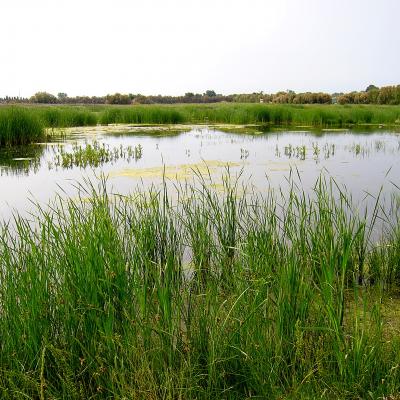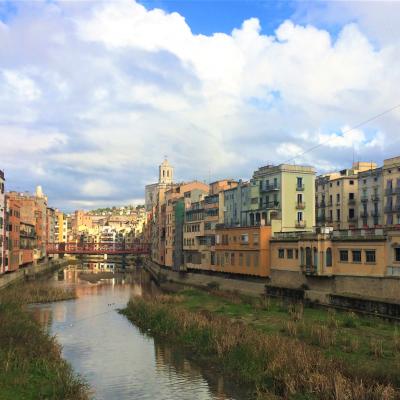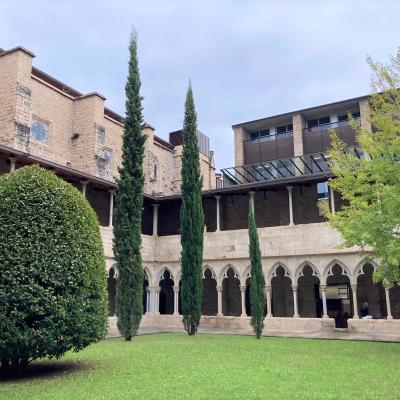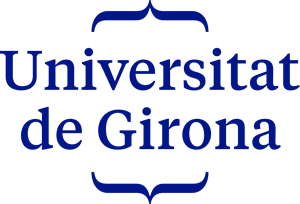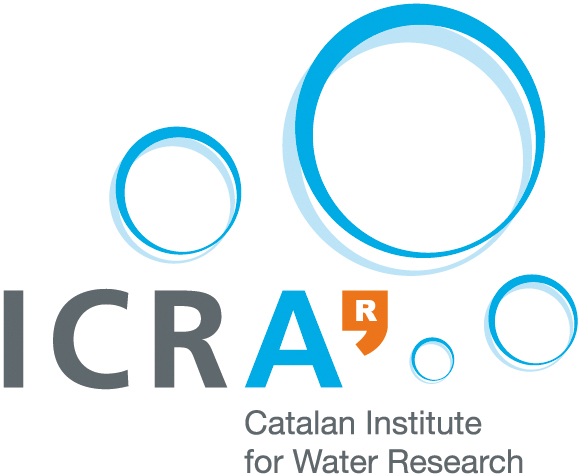The hydrosocial cycle: why should engineers care?
27th of June (16:30 – 18:15)
Urban water management has been traditionally approached as an engineering or planning issue, where water problems are usually envisaged as politically neutral and can be objectively solved via technical knowledge and interventions. However, this framework has not been very successful at integrating the subjective, moral or cultural drivers of decision-making; nor does it properly account for conflict, resistance, power relations or the needs of local communities. Interdisciplinarity is a buzzword often quoted as the panacea for these shortcomings. Yet, it is hard to implement given enduring mental frameworks, skills gaps, differing methods and intellectual traditions. In this workshop, we present several examples of how socio-economic variables can be integrated in water research. Then, we explore together with the participants the concept of ‘hydrosocial cycle’ and test the hypothesis that, by working in a wider and more integrated theoretical framework, the implementation of technologies can overcome limitations generated by artificial disciplinary segregation. The goal is to question established canons and find new, more pluralistic ways of imagining the water cycle and our mission as water professionals.

LEQUIA. Socio-natural Systems group, UdG.

Catalan Institute for Water Research
Tentative Agenda
Welcome and introduction
Short presentations. Topics:
- Eco-cultural technologies for rural and Maori community on-site wastewater treatment in New Zealand, R. J. Craggs, J. Sukias, Valerio Montemezanni, C. Picken, A. Dakers, and C. Tanner
- A hydrosocial approach to domestic water users satisfaction through Agent-Based Modelling, P. Vidal-Lamolla, M. Poch, Jordi Fontana, E. Martínez-Gomariz
- Socio-economic criteria for preventing and controlling phosphorus pollution from municipal wastewater effluents, E. Martín Hernández, C. Vaneeckhaute, and G.J. Ruiz-Mercado.
- Assessment of flood vulnerability through a multidimensional index, A.N. Gomez, L.A. Popartan, M. Poch, and I. Rodriguez-Roda
- Roadmap and strategic routes to mitigate micropollutant occurrence in surface water bodies through WWTP upgrade, M. Abily, V. Acuña, L. Corominas, I. Rodríguez-Roda, W. Gernjak
- Stakeholders’ attitudes towards acceptance in the use of nutrient reuse technologies and decentralised systems in four case studies in Europe, B. Medina, B., C. Gómez-Román, JM. Sabucedo (poster)
Debate and participatory dynamics
Conclusions
Anyone participating at the conference is invited to join.


